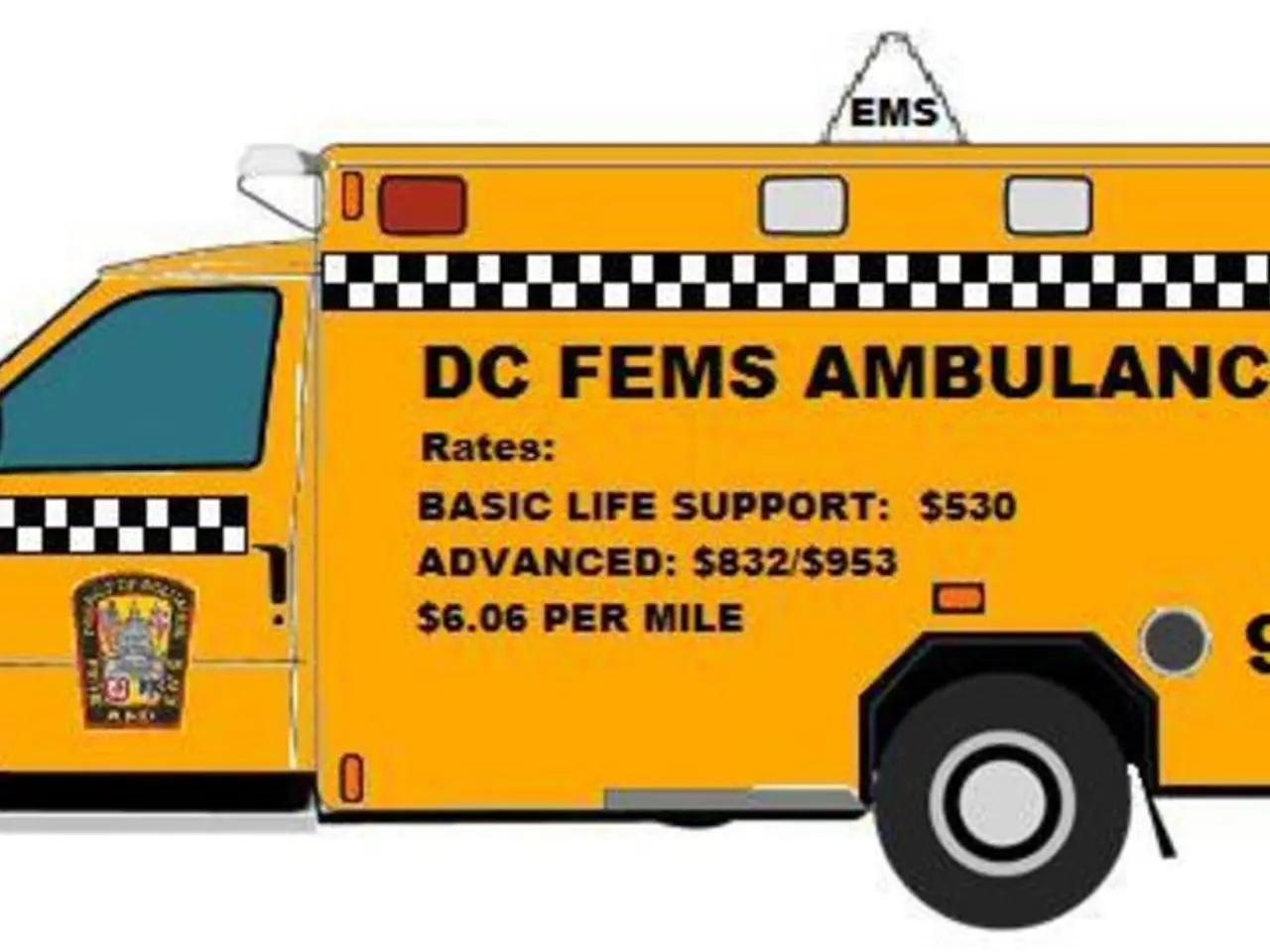Efficient Strategies Highly-Skilled Sniper's Employ to Swiftly Reduce Anxiety
Discovering the Power of the Freeze Response
The freeze response, a lesser-known survival mechanism, has been found to be a valuable asset in high-pressure situations. This adaptive defense response, evolved in animals as part of the automatic reaction of the nervous system to real or imagined threats, can provide a moment of clarity and improve decision-making abilities.
According to Prof. Karin Roelofs, a neuroscientist and clinical psychologist at Radboud University in the Netherlands, the freeze response is not just a passive state, but an active one that primes us for action. Her research, published in prestigious journals such as Nature Communication, Nature Human Behaviour, and Nature Reviews Neuroscience, sheds light on the benefits of this often misunderstood response.
When the situation calls for fighting or fleeing is not possible or safe, the brainstem triggers a vagal shutdown, putting the body into a protective immobile state that halts movement and vocalizations to avoid escalating danger. During this state, the prefrontal cortex temporarily decreases activity, shifting the brain out of overanalysis and into a more instinctual, focused mode.
This neurological pause acts like a strategic recalibration, where the brain filters out irrelevant stimuli, allowing for heightened clarity and sharper focus. Elite snipers, for instance, freeze their bodies into motionless statues, enabling razor-sharp mental acuity and precision shooting. Similarly, people in exams, job interviews, or heated discussions can use this response to regain calm and make quicker, smarter decisions.
The freeze response acts as a pause button that allows individuals to rest, regroup, and make sense of overwhelming situations before taking action, which can ultimately improve performance by preventing hasty or panicked responses. This adaptive strategy can be beneficial in various scenarios, from daily life to professional settings.
Prof. Roelofs believes that this system can be trained and even induced in a person, and it can be a tool to pre-emptively deal with stress or to improve performance in a range of different scenarios. She has developed a virtual reality shooting game to train the freeze response, and her work has been integrated into training for the Dutch police.
Interestingly, the freeze response is not limited to physical threats. It can also be triggered in social situations, such as when faced with an angry expression. Despite the common misconception that freezing is a kind of shutdown of the system, in a threatening situation, we actually gain more information, prepare our actions, improve perception, and decision-making abilities.
In conclusion, the freeze response is an intelligent, adaptive survival tool that improves decision-making and performance by promoting stillness, calm, and focused mental clarity in stressful or threatening situations. By learning to harness this response, individuals can potentially improve their performance in a variety of high-pressure scenarios.
- Nature has equipped animals with the freeze response, a survival mechanism, which can provide moments of clarity and improve decision-making abilities in high-pressure conditions.
- Neuroscience and psychology research, notably from Prof. Karin Roelofs, has unveiled the benefits of this often misunderstood response, with publications in journals such as Nature Communication and Nature Reviews Neuroscience.
- In scenarios where fighting or fleeing is not safe, the brainstem triggers a vagal shutdown, inducing a temporary immobile state in the body that halts movement and vocalizations, allowing the prefrontal cortex to shift into a more instinctual, focused mode.
- The neurological pause, acting like a strategic recalibration, filters out irrelevant stimuli, offering individuals heightened clarity and sharper focus, beneficial in various settings, from daily life to professional scenarios.
- Besides physical threats, the freeze response can also be triggered in social situations, such as encounters with angry expressions, and it offers more information, improved perception, and decision-making skills.
- Prof. Roelofs's research suggests that this system can be trained, and it can serve as a tool to handle stress proactively or improve performance in numerous high-pressure situations, ranging from health-and-wellness, mental-health, to fitness-and-exercise domains, and even in the context of police training.




